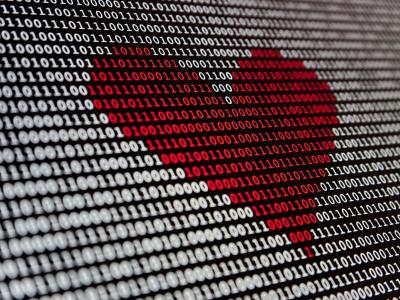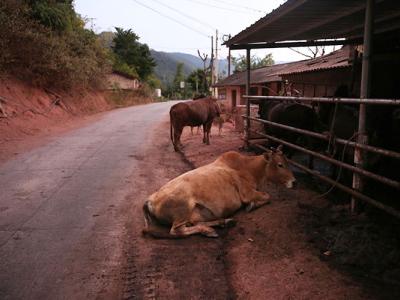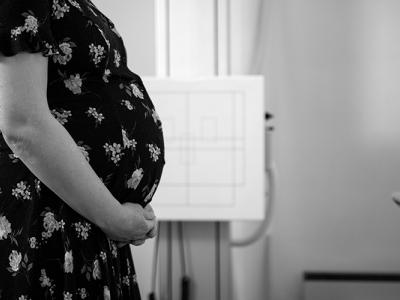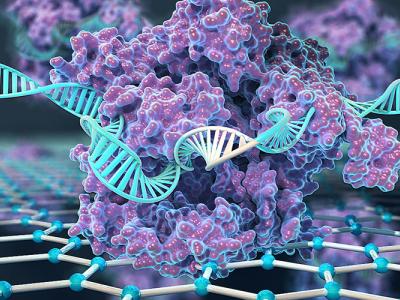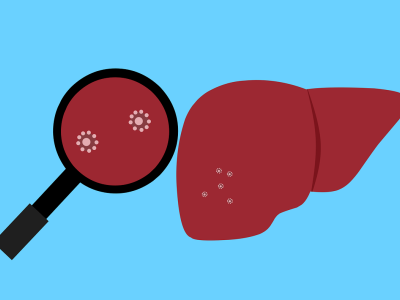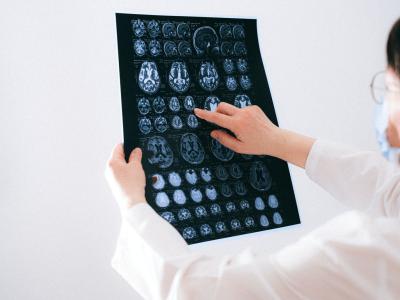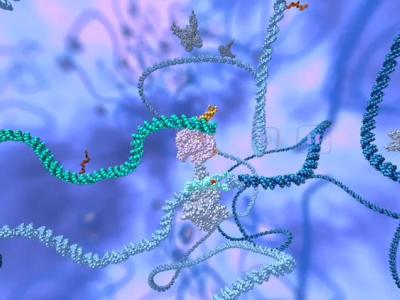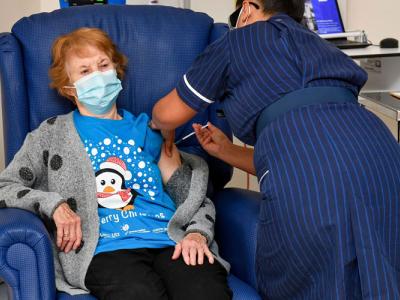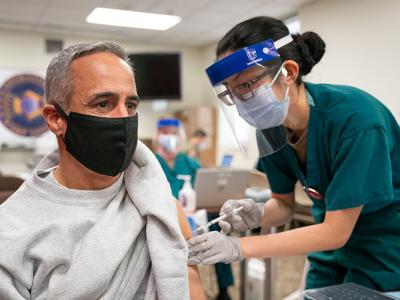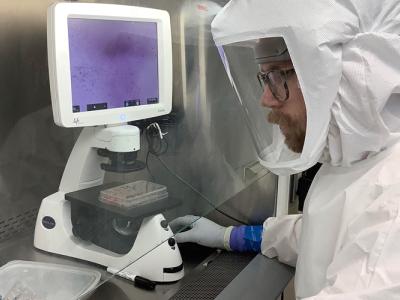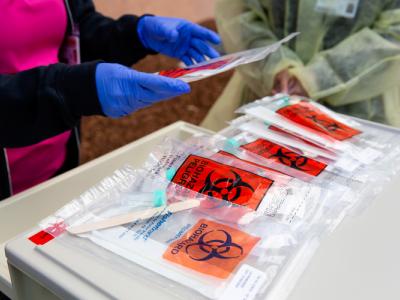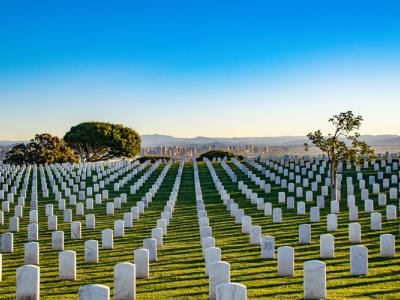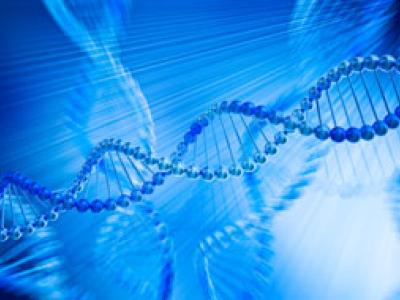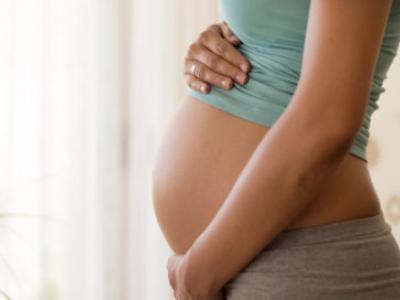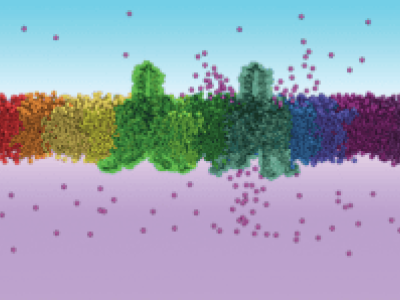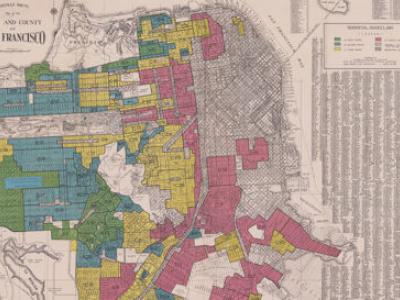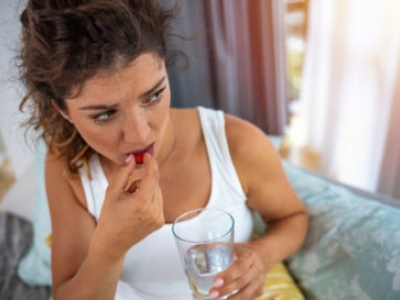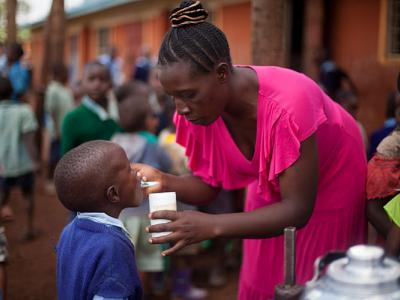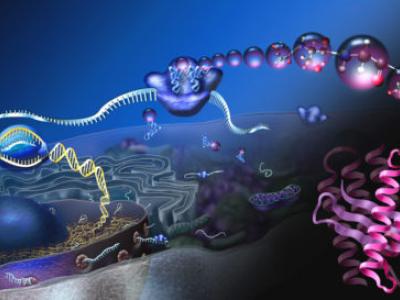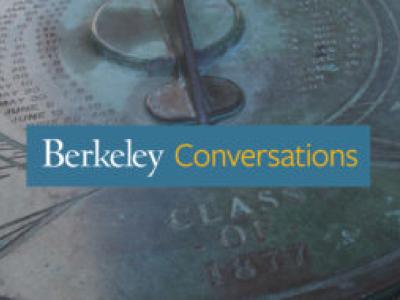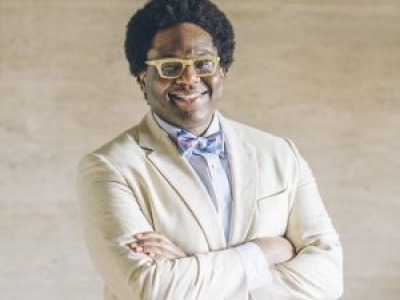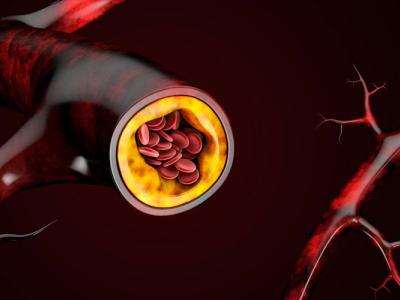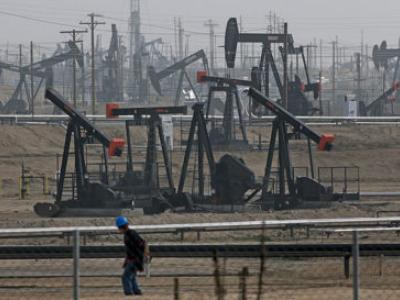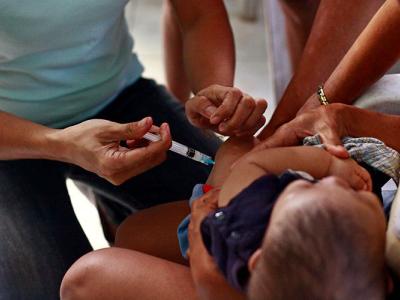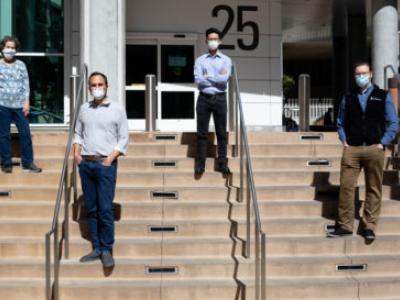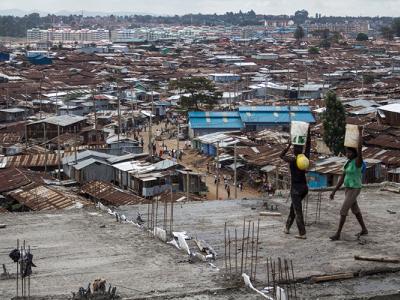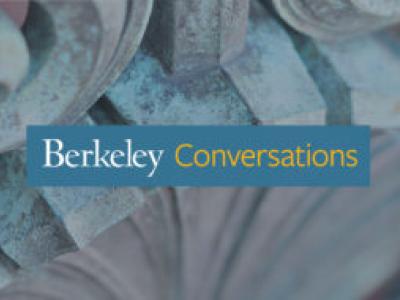Graphene 'Camera' Captures Real-Time Electrical Activity of Beating Heart
Bay Area scientists have captured the real-time electrical activity of a beating heart, using a sheet of graphene to record an optical image -- almost like a video camera -- of the faint electric fields generated by the rhythmic firing of the heart's muscle cells. The development comes from a collaboration between two teams of quantum physicists at the University of California, Berkeley, and physical chemists at Stanford University. "Because we are imaging all cells simultaneously onto a camera, we don't have to scan, and we don't have just a point measurement. We can image the entire network of cells at the same time," said Halleh Balch, one of three first authors of the paper and a recent Ph.D. recipient in UC Berkeley's Department of Physics. For more on this, see our press release at Berkeley News.

